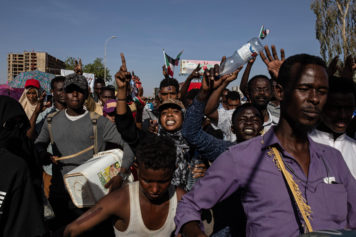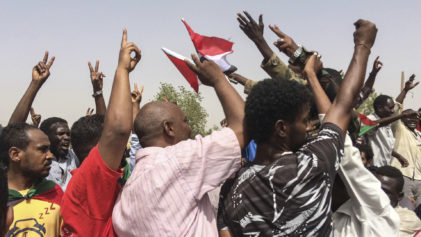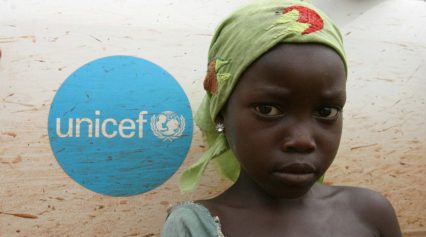[playwirevid id=’3782031′]
President Barack Obama recently urged young Africans to end the ethnic violence still plaguing the continent. During a Q-and-A session at the Young African Leaders Initiative summit in Washington, D.C., Obama described interracial discrimination as “tomfoolery.”
However, Slant writer Miles Johnson says Obama is missing the point. Johnson said much of the ethnic violence seen in Africa is the legacy of European colonists.
“Everyone needs to understand that racism is not merely shouting epithets and lynching people. Intra-racial conflicts, like those between the Hutu and Tutsi tribes in Rwanda, are vestiges of white colonialism,” Johnson said.
Johnson has a point. While outsiders might see the violence plaguing Africa as a bunch of savages slaughtering each other, there are complex reasons behind these conflicts. It may be difficult for Americans to understand, but in Africa, people identify more with ethnicity than race. So to Americans, while most Africans would be considered “black,” they belong to different ethnic groups. Many African nations were new countries formed when the colonists pulled out, leaving the natives to administer regions formed by European bureaucrats. Some of the countries are now made up of various tribes struggling for power. And once the majority tribe gets into power, it tends to stay there.
This is the situation in Nigeria, Africa’s most populous country. The country became independent from Britain in 1960, but has witnessed various power struggles between the local ethnic groups. Nigeria is made up of more than 250 different ethnic groups, but power has largely stayed in the hands of the three dominant ethnic groups — the Hausa, Yoruba and the Igbo people.
Ethnic tensions lead to a civil war that lasted from 1967-70, when Igbos tried to form their own breakaway country called Biafra. However, those tensions are still present today. What’s often unreported by Western media is Nigeria’s battle against the Islamist militant group Boko Haram has underlying ethnic tensions. The battle is largely taking place in north Nigeria, which is mostly Islamic and dominated by the Hausa-Fulani ethnic group. The foundation of the modern state of Nigeria started when the British merged their Southern and Northern protectorates in 1919.
However, the regions had very different cultures. The South was mainly Christian and more Western-leaning, the North was mainly Islamic and more conservative. The battle against Boko Haram is the latest variation of that struggle. Boko Haram militants want to form an Islamic caliphate, which is not influenced by what they see as corrupt Western culture. Some Nigerians have called for the country to split and let the north go its own way and form an Islamic government. The CIA has predicted Nigeria will break up this year.
However, Nigeria is not the only country wracked by ethnic conflict. Sudan, led by an Islamic military government, has battled Christian separatists for years. In 2011, after the passage of a referendum, South Sudan was created as an independent state. However, the new state is still wracked by internal conflict. Several tribes banded together to fight against the Northern Muslim-led government, but after the war was over they started a new struggle for power.
“The South Sudanese civil war began just a few days before Christmas 2013,” said Foreign Affairs. “On December 15, fighting broke out in Juba, South Sudan, between tribal elements of the presidential guard and quickly spread across the city. In the days and months that followed, 50,000 South Sudanese were massacred and 2.5 million civilians were either internally displaced or fled to neighboring countries. A new civil war had erupted in a country not yet four years old.”
So while Obama might chide Africans for fighting among themselves, the truth is a little more complex. In the 21st century, many African states are still struggling to figure out who they are.


